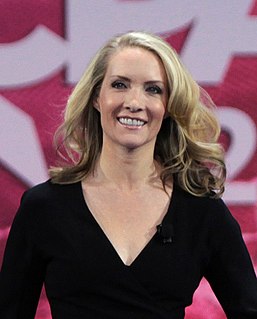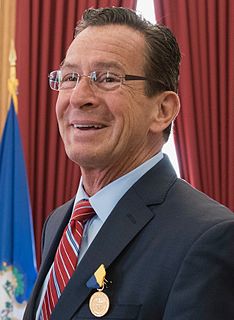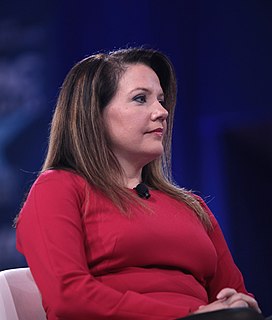A Quote by Roger Wicker
Well, one thing that has happened is they have had a presidential election in Egypt which has represented progress. Now, we were not happy with everything that happened with the parliamentary elections, and it was not exactly a perfect presidential election in Egypt.
Related Quotes
Consider this: The United States held its first presidential election in 1789. It marked the first peaceful transfer of executive power between parties in the fourth presidential election in 1801, and it took another 200 years' worth of presidential elections before the courts had to settle an election.
Ever since Richard Nixon walloped George McGovern in the presidential election of 1972, political pundits have treated as a truism the proposition that liberals are out of step with the rest of the nation, and therefore all but unelectable outside the precincts of the Northeast -- give or take a college town here or a ski resort there. During the course of every presidential election for the past forty years now, Republicans have sought to wield the word liberal as if it were a six-gauge shotgun.
I know this, that there were thousands and thousands of hours given to Hillary Clinton's e-mail server and Benghazi. It seems to me we need bipartisanship now to look at exactly what happened in this election and exactly the things that people like James Comey did and put it in context to make sure we have all the facts, because I don't think anyone is comfortable with how this election played out.
In the 2000 presidential election, Al Gore got more votes than George W. Bush, but still lost the election. The Supreme Court's ruling in Florida gave Bush that pivotal state, and doomed Gore to lose the Electoral College. That odd scenario - where the candidate with the most votes loses - has happened three times in U.S. history.
In 2012, the far-right Golden Dawn won 21 seats in Greece's parliamentary election, the right-wing Jobbik gained ground in my native Hungary, and the National Front's Marine Le Pen received strong backing in France's presidential election. Growing support for similar forces across Europe points to an inescapable conclusion: the continent's prolonged financial crisis is creating a crisis of values that is now threatening the European Union itself.
Whether or not you agree with Bernie Sanders' version of socialism, it is enormously significant that, for the first time in US history, a presidential candidates who calls himself a socialist has had an actual shot at winning the presidential election. And to his credit, he has not backed down from the label.

































